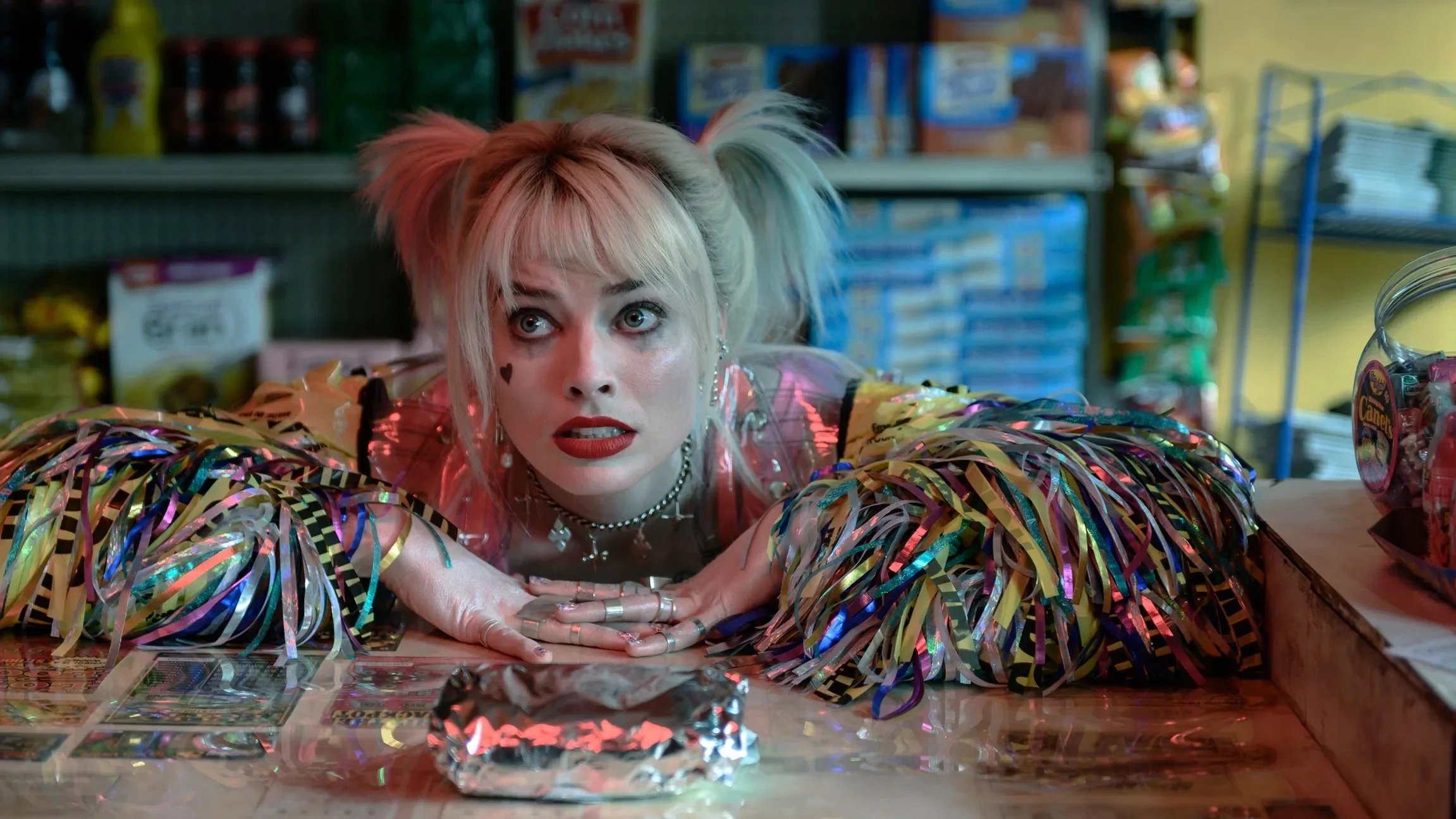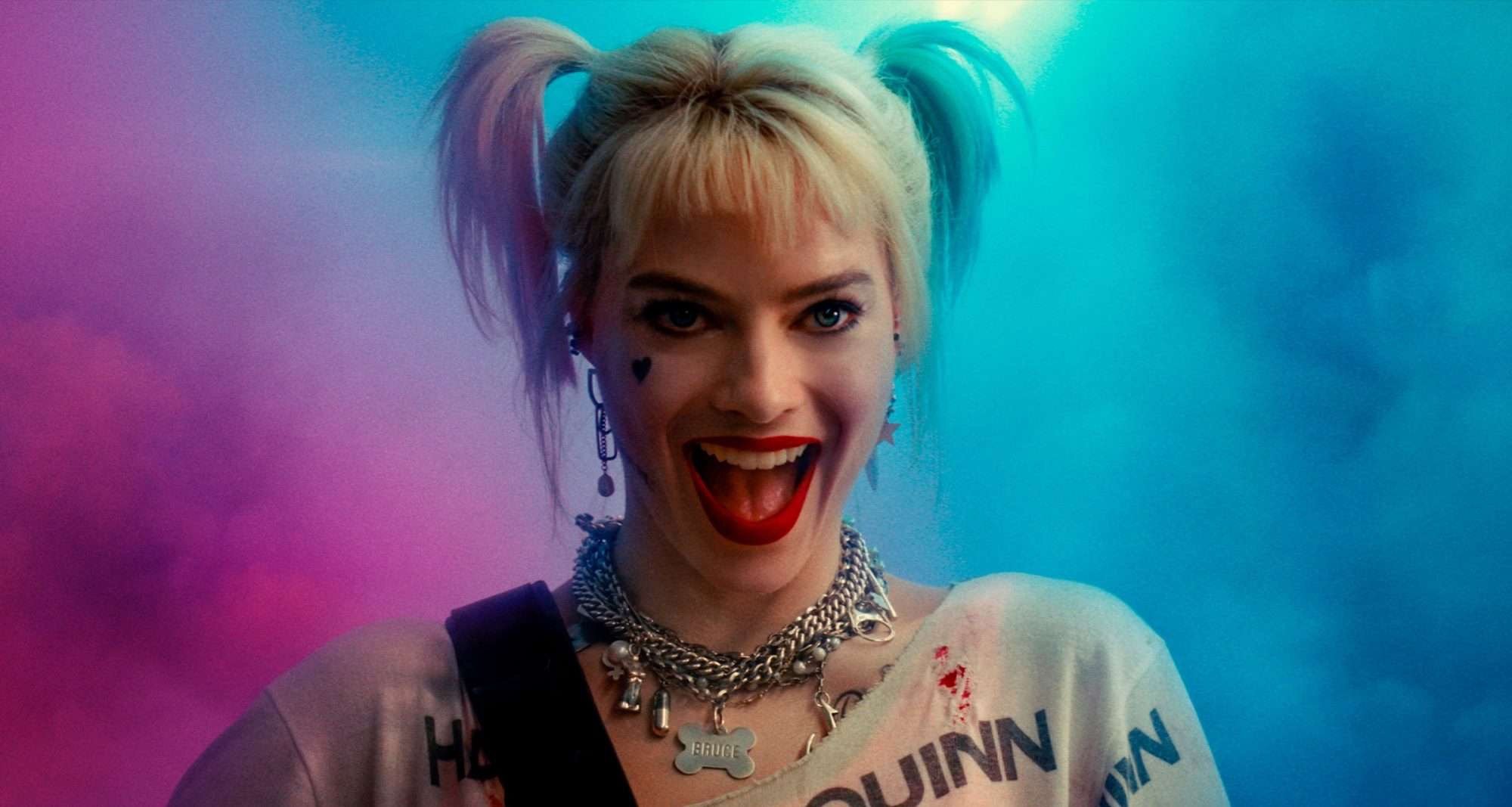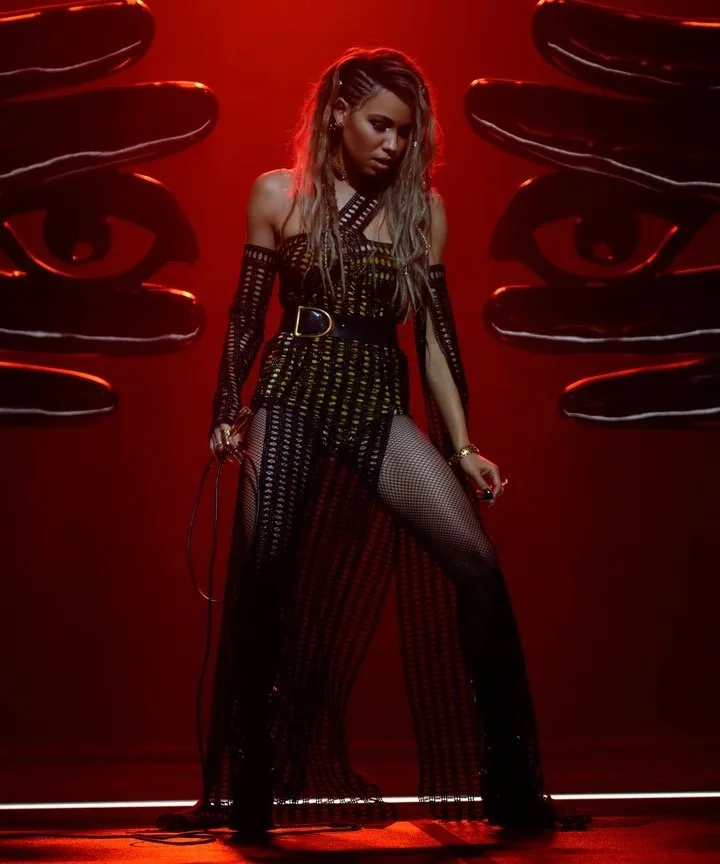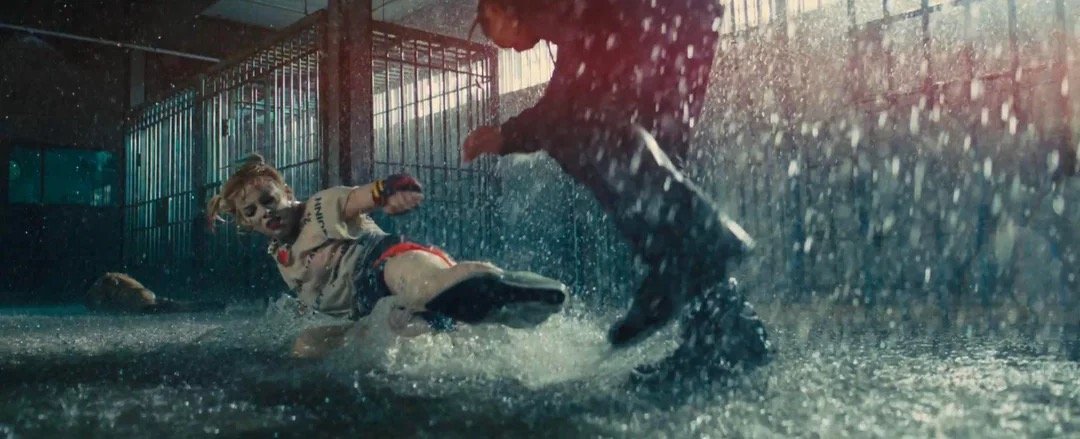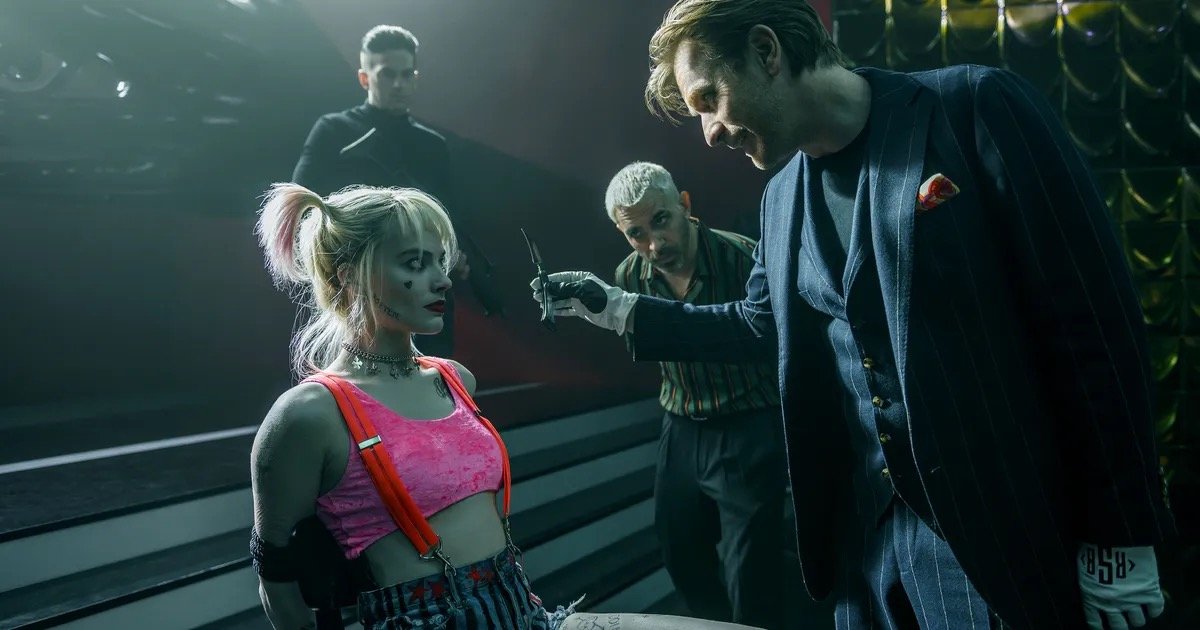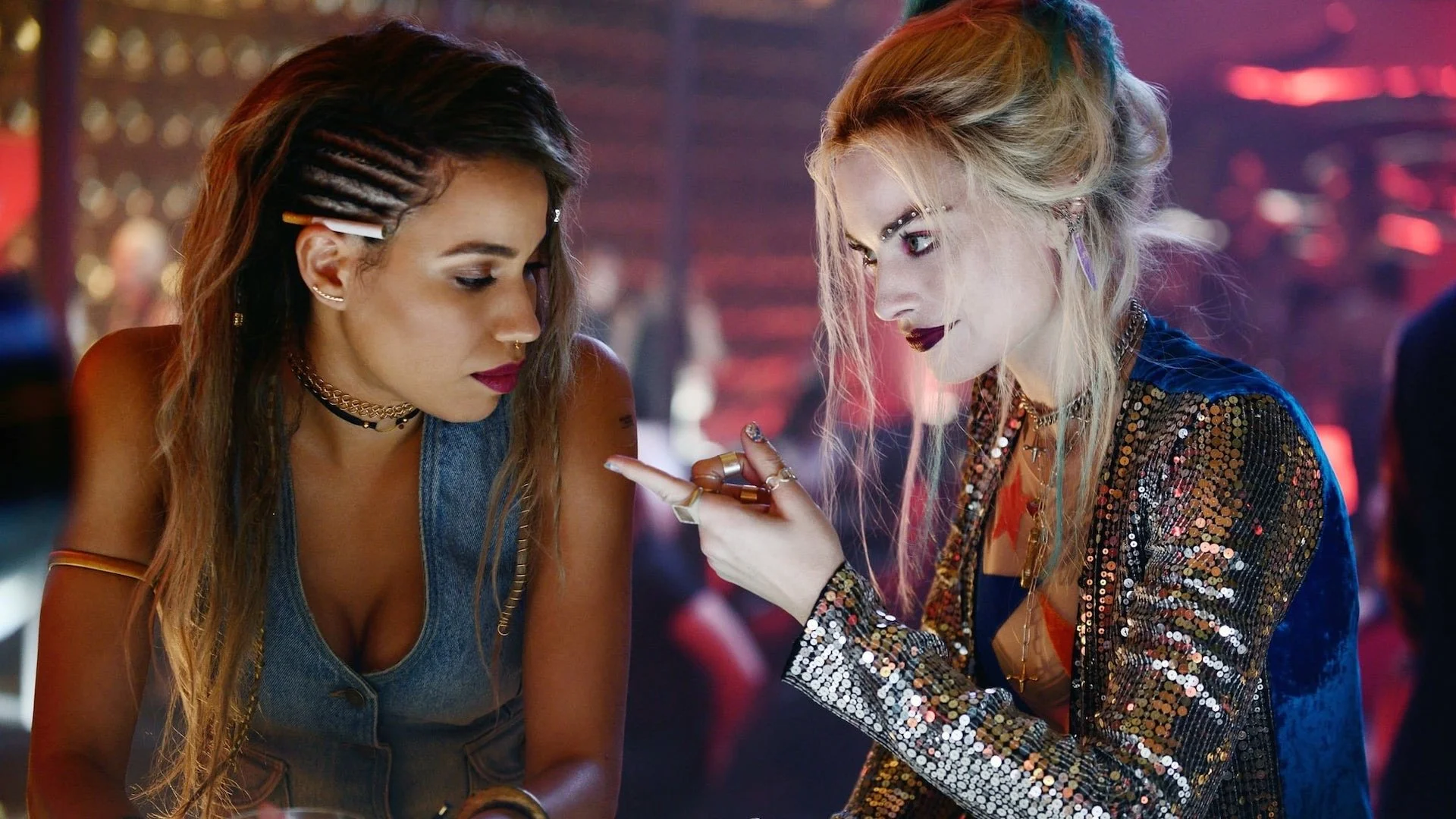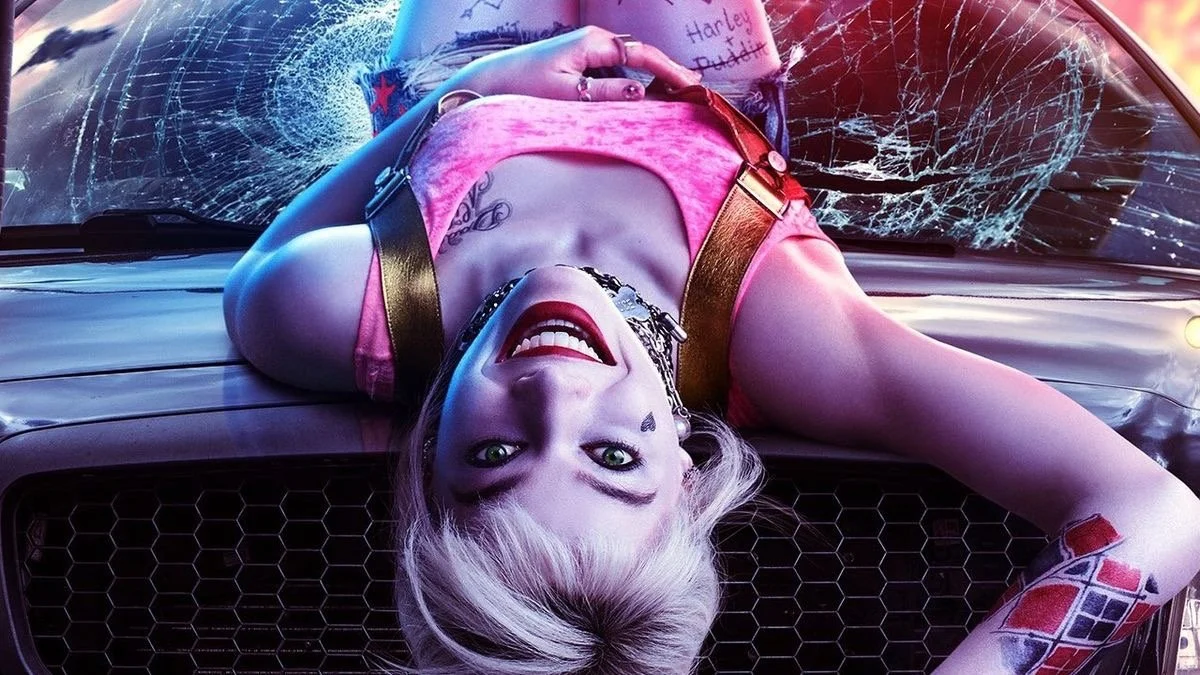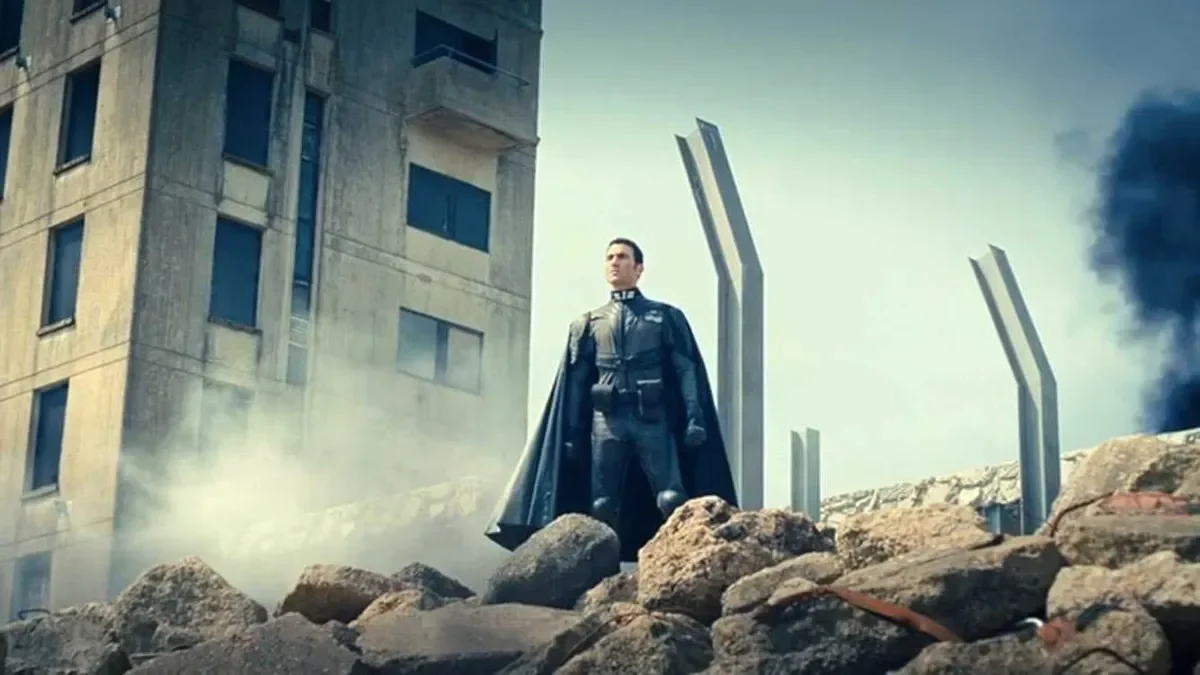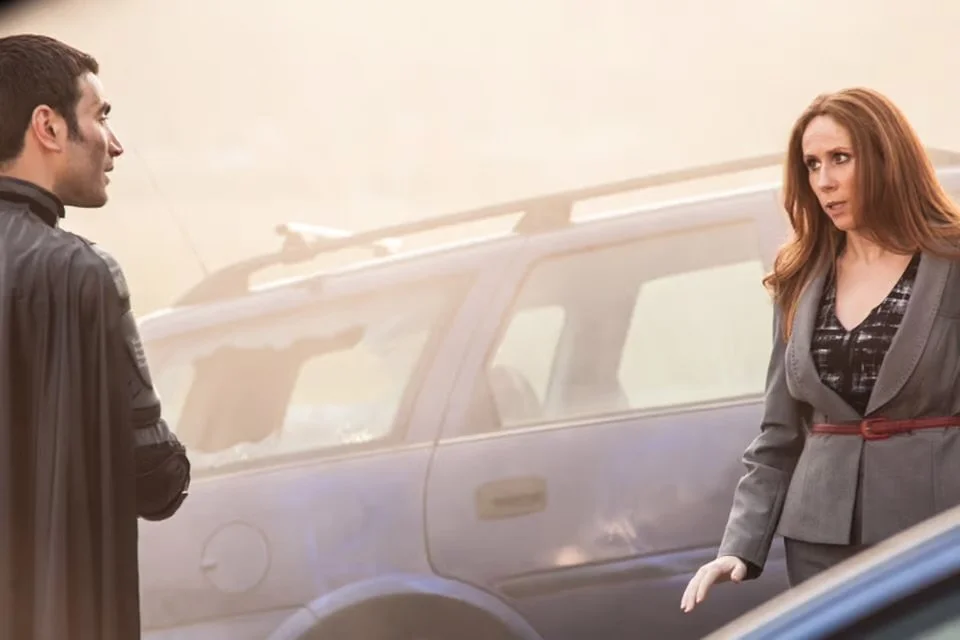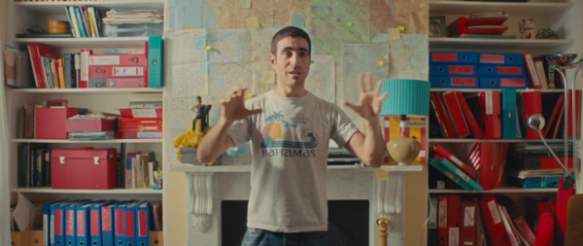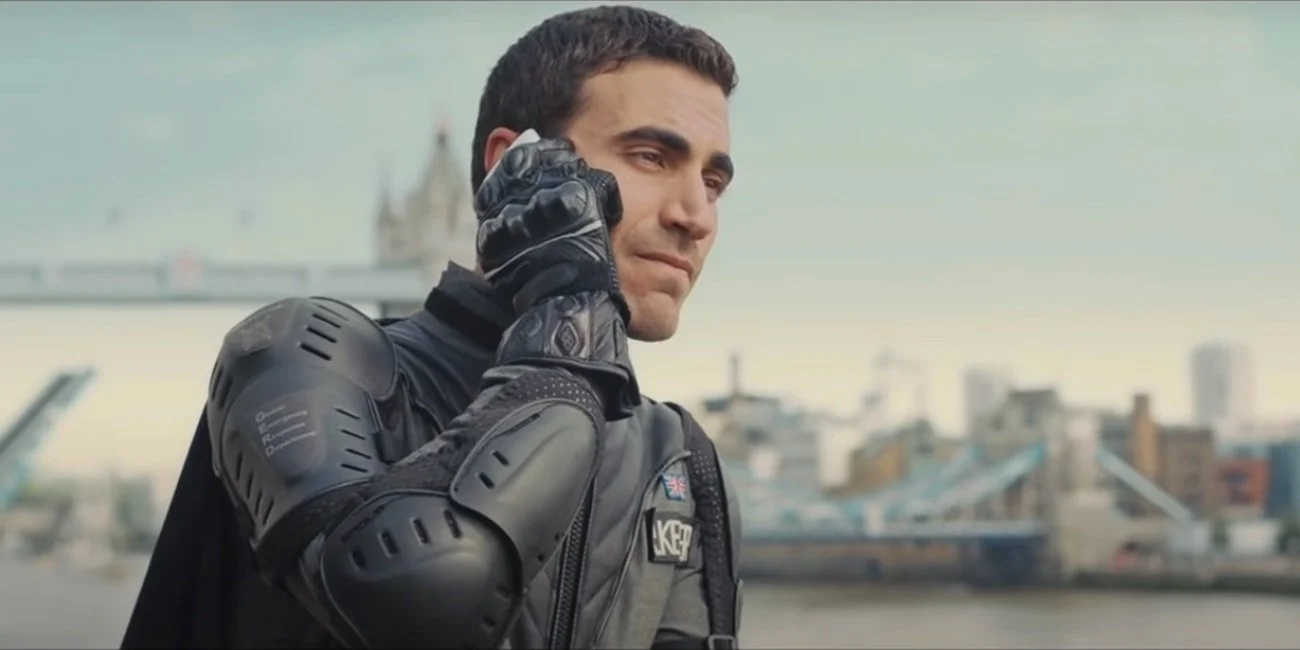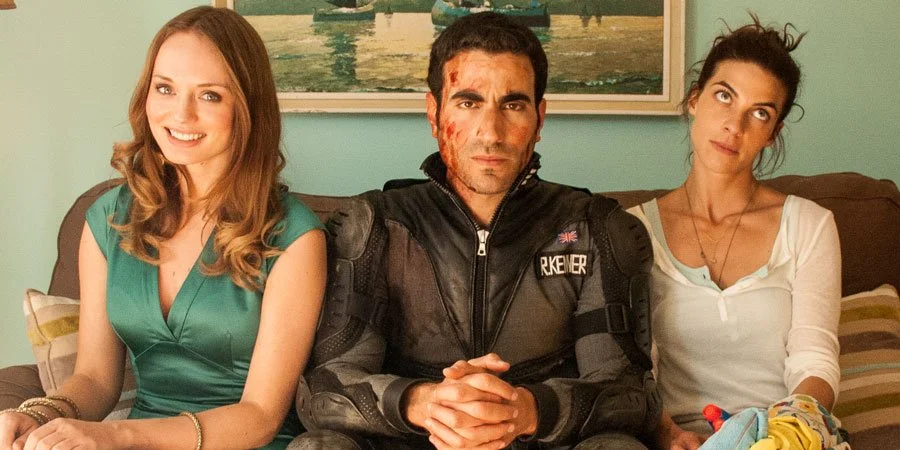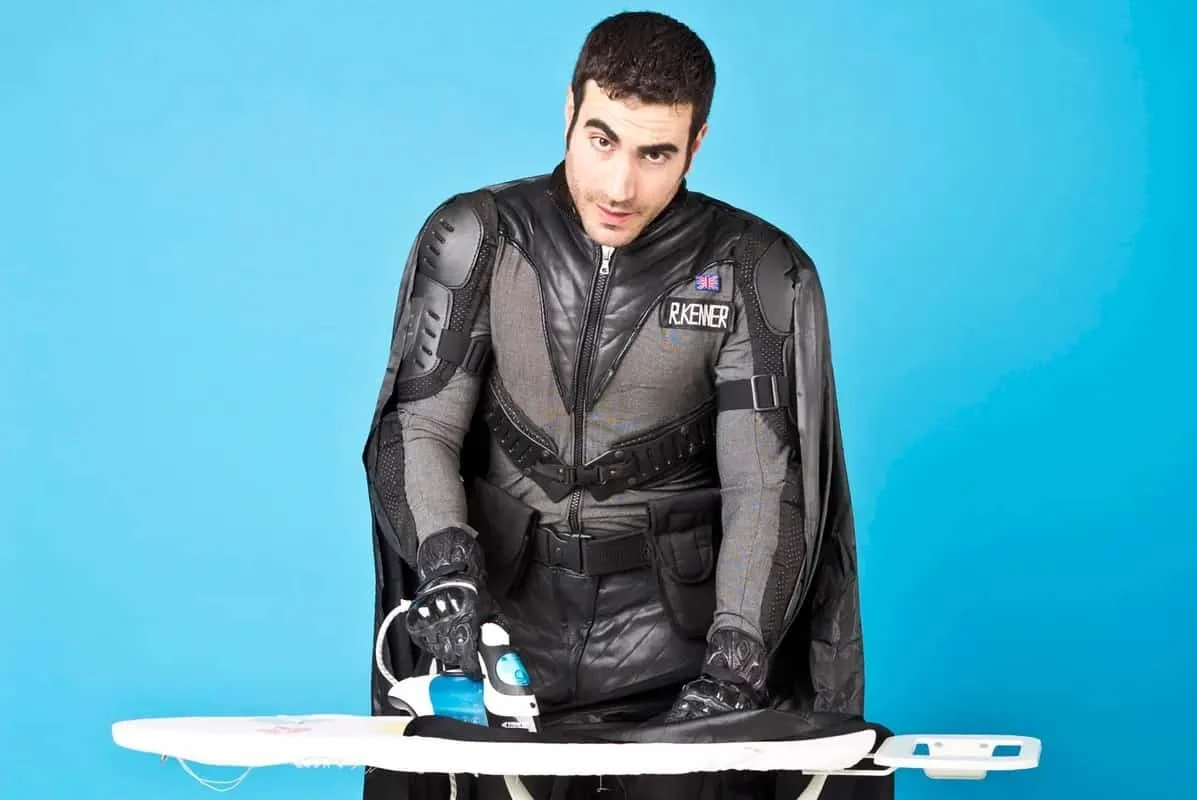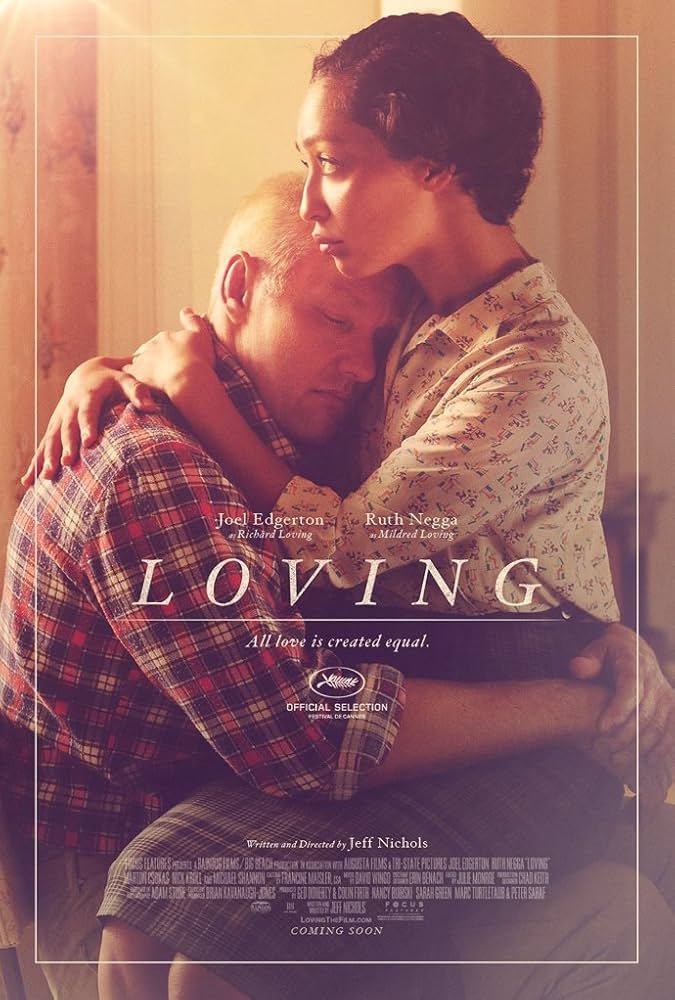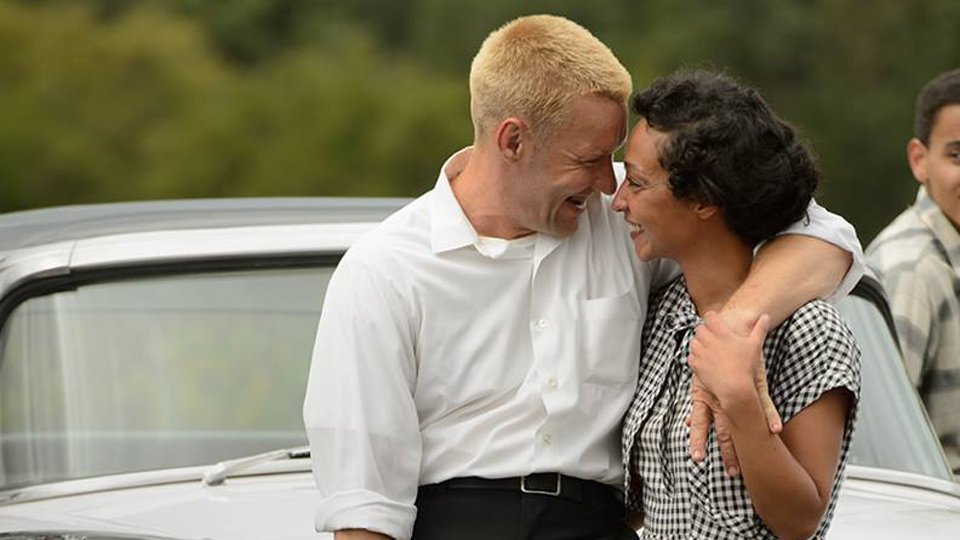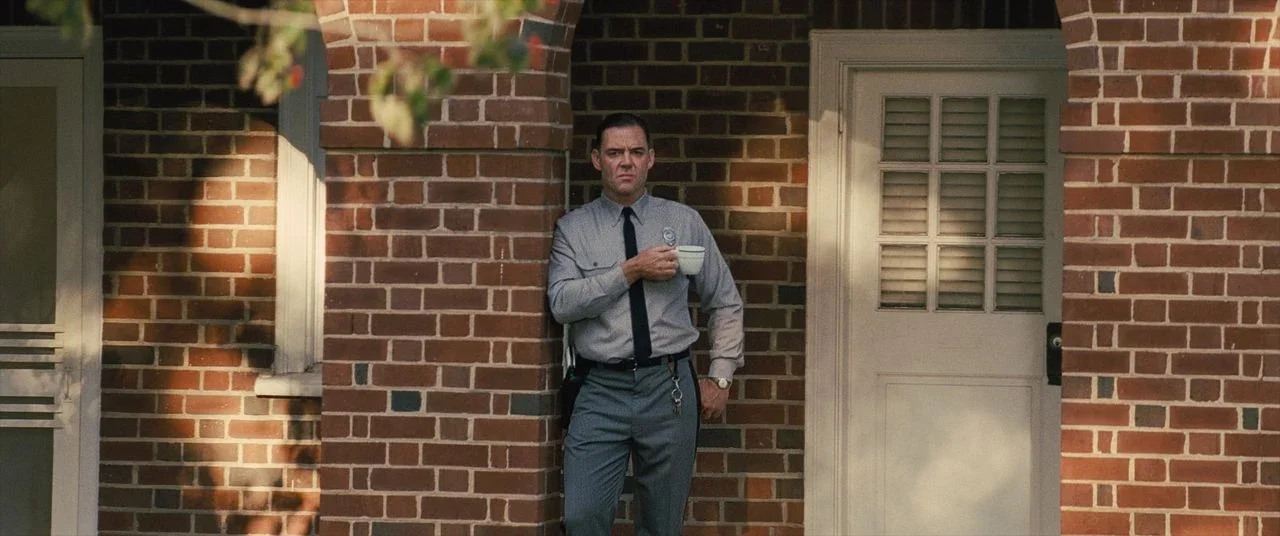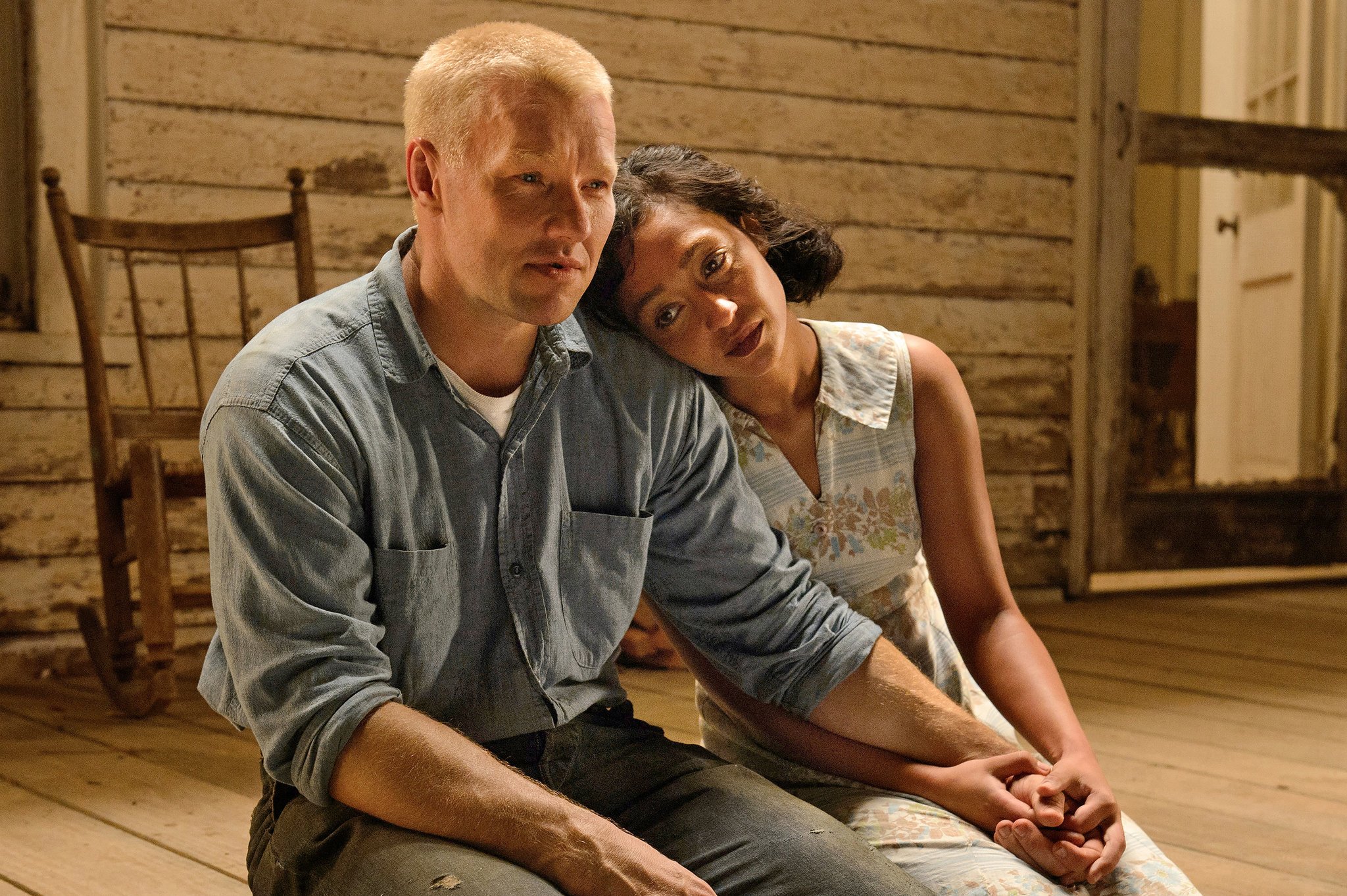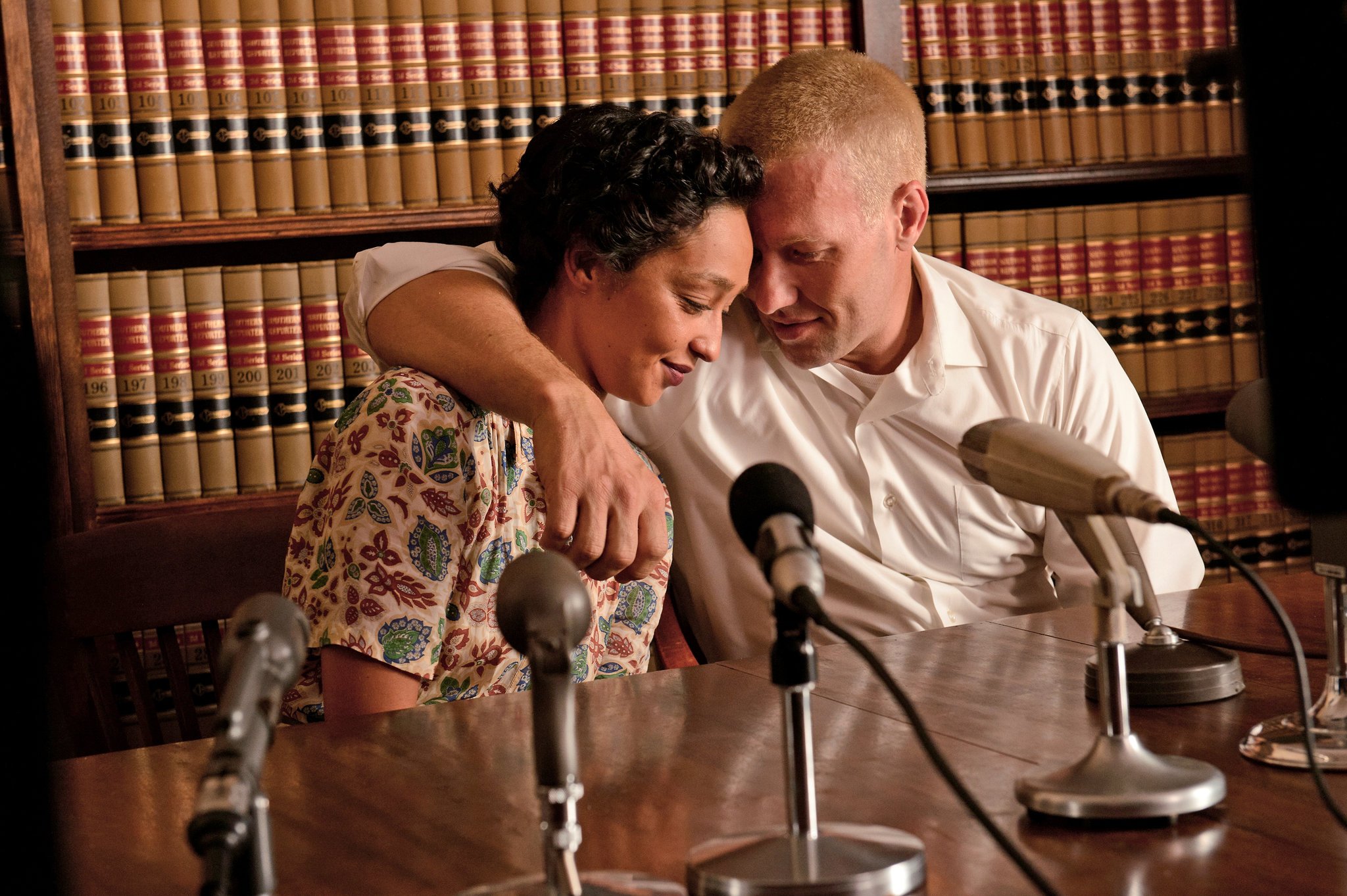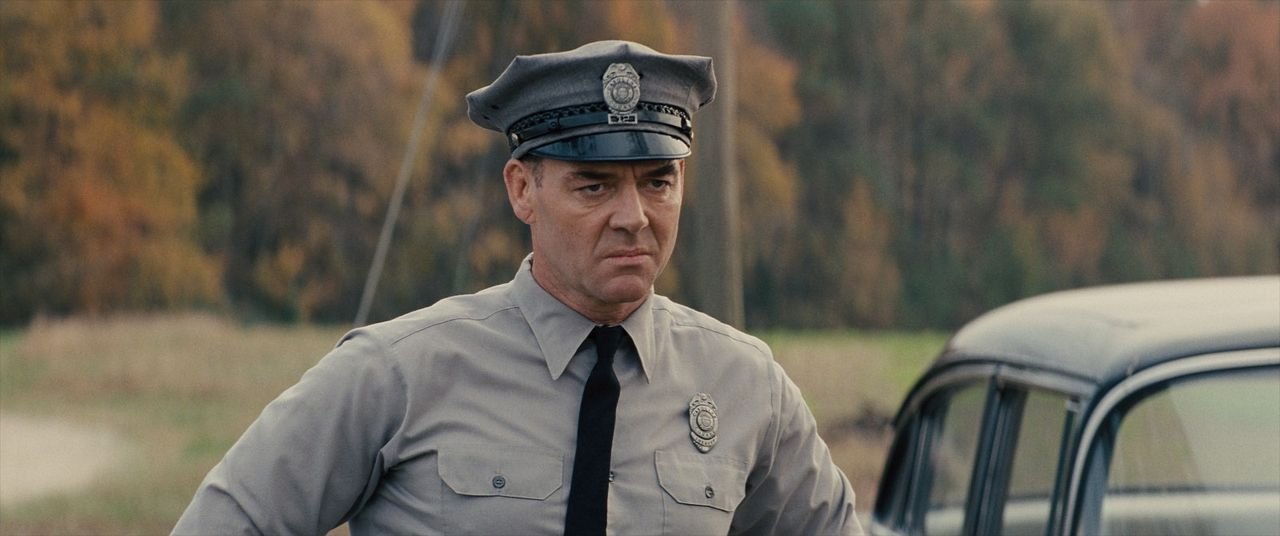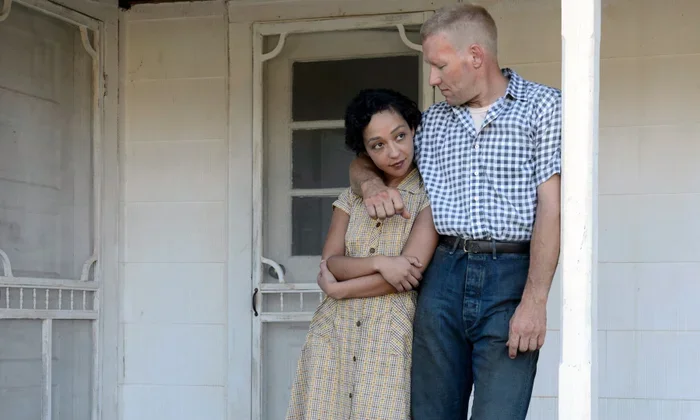So we’re halfway through the month of February now and we’ve already celebrated the power of love to change the world and how finding love in unexpected circumstances can be life-affirming and sweet. But Valentine’s Day is over, the half priced candy is flying off the shelves, and all that heart shaped paraphernalia is sitting in the recycling bin. And just like on December 27th, you want to gather all those dead living room trees and return them to the earth from whence they came in a cleansing bonfire (No? Just me?), it’s time to mark Cupid’s arrow return to sender and see how that cherubic little bastard likes it.
But what break-up movie feels right in this moment? We can beat ourselves up musically and try to forget Sarah Marshall, but I never really knew her. I don’t own any physical music anymore, so I won’t be rearranging my record collection. And it’s the dead of winter, so even though I also love The Smiths, I’m really not feeling counting the days of Summer. Because while ending a relationship can be sad, even when it needs to end, there’s something really beautiful and empowering about leaving behind something that didn’t work and freeing yourself up to find what does. Break-ups always suck, even the ones that needed to happen; the resulting splitting of belongings, of friend groups, the inevitable King Solomon act with regards to your pets, and an entire city’s criminal underworld coming to kill you because your boyfriend’s no longer protecting you. It’s all pretty bad. Let’s get into Birds of Prey and the Fantabulous Emancipation of One Harley Quinn.
The title’s a mouthful and has been the subject of much speculation over the years, but that doesn’t matter. I’m just going to call it Birds of Prey. Harley and the Joker are no more. Seems like it was a messy break-up, but thankfully we’re not only spared what would be the undeniable and likely clinical insanity of an argument between Harley and Joker, we’re also spared any real glimpse of Jared Leto (that’s right, we’re back in the pre-Gunnmosphere dark ages of DC). Now, Harley and Mr. J have a history of breaking up and getting back together, even in the cartoons this happened. But this time, Harley is well and truly done. And she’s ready to announce it to the world that Harley Quinn is going to stand on her own two feet.
Now, at this point, if you don’t know Harley’s whole story like I do, having literally watched her first appearance as a child on a Saturday morning, don’t worry. The movie will nutshell it for you in a very quick and efficient way, which I appreciate. So when Harley gets completely obliterated on a night out with so-called friends and decides that the best way to make it abundantly clear that the relationship is over is to drive a giant truck into Ace Chemicals and blow it up, you’ll know how big of a deal that is to their relationship. Unfortunately, so does everyone else in Gotham, because the explosion of the chemical plant sends literal and figurative shockwaves through the city and its underworld. Ace Chemicals is where the Joker became the Joker. It’s also where, in the DCEU anyway, Joker drops Harley into the same kind of acid that turned him into a monster. It’s their Eiffel Tower. And by blowing it up, Harley declared herself independent. The underworld, in turn, declared it open season on Harley Quinn. Turns out when your boyfriend is a psychotic murderer, you rub a lot of people the wrong way. And now shed of Joker’s protection, Harley is very quickly realizing the danger she’s just put herself in. Still, that must have felt cathartic. I remember doing something similarly bold and reckless after my last break-up; I sat quietly and thought about things (as a repressed millennial, that’s pretty big for me). I want to pause for a moment here because I will get into it further as we go along, but the actual chemical plant explosion is absolutely magnificent on screen. The direction here, the use of colors, everything is so appropriate and in line with the tone of the movie and the character of Harley; it’s all so good. Makes me sitting on my sofa quietly look positively boring by comparison.
In the midst of all this chaos, a similarly sadistic and psychotic crime boss called Roman Sionis, also known as Black Mask, played by Ewan McGregor (Star Wars: Attack of the Clones, Big Fish) is making a play for even greater power than he has now, by going for the Bertinelli Diamond, a 30 carat diamond with the financial information of the famed and homicidally defunct Bertinelli crime family and that diamond ends up in the tummy of street urchin and pickpocket Cassandra Cain. Through a convoluted series of events, Harley gets involved—and that’s when things start to go really sideways. Also along for the ride are Detective Renee Montoya, played by Rosie Perez (Search Party, Do the Right Thing), who wants to bring Harley in, of course. Cops are going to do cop stuff, but Montoya has the added problem of being an overlooked woman in the department, with her partner getting the promotion that she deserved. Then there’s Dinah Lance, played by Jurnee Smollett (Lovecraft Country, The Order), a singer at Sionis’s club just trying to survive. It’s a dangerous life in a dangerous city, and when Roman takes a shine to her, it becomes much more perilous than she could have imagined. Not only is Roman so unstable he makes a house of cards look like a block of brutalist flats, his righthand man Victor Zsasz makes Roman look like the Hoover Dam. And Zsasz, played by Chris Messina (Sharp Objects, Argo), is the jealous type. He’s also the “regularly cut people’s faces off and manipulate Roman into indulging his bloodlust” type, so if you’re Dinah, you’re in trouble because Roman is the special kind of mix of psychotic, privileged, and childish that could become president someday. But for the moment, his energy is focused on her, as well as a few other things. And rounding out our band of misfits here is the so-called Crossbow Killer, who has been killing mobsters across Gotham and elsewhere using, you guessed it, a crossbow. I’m not going to tell you anything else about her, except that she’s played by Mary Elizabeth Winstead (Scott Pilgrim vs. the World, 10 Cloverfield Lane) and that is a delight.
Now, the story is one of overlapping strands coming together and on top of all that, it’s told out of order. This is the kind of thing that would have felt like a gimmick if we’d just seen Memento for the first time and it felt like every subsequent film was playing with chronology. But now that we’re back to linear storytelling as the norm, this doesn’t feel like a gimmick. It feels like a natural extension of Harley Quinn’s personality. Harley narrates the film and it plays out like a story she’s telling the audience. In this way, jumping around the narrative feels diegetic and intentionally cluttered, the way Harley thinks after her life with the Joker. I actually love this decision; I don’t know who came up with it, but whoever it is, whether it’s director Cathy Yan (Dead Pigs, which I haven’t seen but has a 97% RT and is going on my list), writer Christina Hodson (Bumblebee), or someone else on the creative team, but that person deserves a pat on the back. Because it really works brilliantly here and if not handled well, it could have been a jumbled mess.
Birds of Prey is also one of the most visually arresting action films I’ve ever seen. There is such an amazing use of color and comic book mechanics that make the movie not only fun to watch, but exciting and thrilling. The fight choreography is incredible; the improvisational nature of Harley’s fighting style makes total sense for a character whose formal training is in psychiatry and not, you know, capoeira or jujitsu. And it also varies the fight styles and keeps you in the moment and focused on the action. And some of the stuff Harley does is just silly and it all works somehow; we’re talking about a character who snorts airborne cocaine for a power-up like Mario eating a mushroom or Popeye downing a can of spinach and who fires glitter bombs out of a grenade launcher. And the best part of this is that it all looks amazing; I am not an expert in special effects and I don’t honestly know how much of this was done with practical effects, but to my relatively untrained eyes, it all looked very convincing. There were moments of CGI no doubt, but it seemed like there was a heavy focus on physical effects ands areas that looked real. It injects so much immersion to the scenes that you just can’t get from a disposable CGI army or a sky beam. This is such a grounded film for something about girl who breaks up with a killer clown.
And the fights are not just great action scenes, they play for comedy really well. It seemed like after Mr. and Mrs. Smith, we were inundated with movies that put on tonally mismatched music over fight scenes to make them funny. It was a trend that lasted way too long and lost its impact almost immediately, but the use of not just music, but also the actual fight choreography itself is funny. The visual comedy here is so good, and Harley isn’t the only one who delivers it. This is maybe the fifth or sixth time I’ve seen Birds of Prey and it never gets less impressive to look at. We’re talking about a movie that has Margot Robbie fighting in a room where the sprinklers have gone off for some ancillary reason. Normally, that’s the kind of scene that would seem needlessly lascivious and male-gaze-y, but we’re talking about a movie written, directed, and starring women. The water isn’t there to scandalize, no, not at all. It’s there to create one of my favorite fight scenes since the throne room in The Last Jedi. What follows those sprinklers going off is a ballet of pain, a violence-capade that grabs your eyeballs by the lapels and instills a sense of wonder in action movies again. We don’t need waves of indistinguishable CGI assets and mysterious sky beams; we need more movies that look like this. It’s the Radio City Music Hall of Broken Bones and Harley Quinn is all the Rockettes at once. And I cannot get enough of it.
Not only that, Birds of Prey is self aware in a way that Deadpool can only dream of; it’s not about quips and cameos and throwing jokes spaghetti style at the wall to see what sticks or just looking at the camera and pointing out how cliched you are and hoping that makes your cliches clever. It understands the world in which it was made and the one in which we live and it draws such a line between them. There is so much misogyny built into the antagonists here and it’s done in a way that’s in your face, but not pandering the way some movies can feel when they’re trying to go for a hollow appeal to “girl power”. There is nothing hollow about how this film was crafted or how misogyny affects these women and how they overcome it. I love this as an empowerment film. It’s so satisfying to see these horrible, horrible men get what’s coming to them. All due respect to Vince Vaughn and Jennifer Aniston, but this is a break-up movie; forget walking around your apartment naked, take on a criminal organization of misogynists, that’s how you get over someone (don’t take relationship advice from me). I’m teetering on something here that I’m very much unqualified to talk about, but I feel like having women filmmakers creating a movie like Birds of Prey is what elevates it from something that easily could have been eye candy for teenagers into a great feminist action film and by far the best movie of the DCEU era. The Snyder films can’t compare. Don’t get me started on movies like The Flash and Black Adam. Even the first Wonder Woman film, while heartfelt and really quite good, just isn’t on this level (and its follow-up wasn’t just bad, it was deeply problematic). And it’s not just because because of Margot Robbie as Harley Quinn, it’s everything else as well, but it’s also because of Margot Robbie as Harley Quinn.
Yes, I conspicuously didn’t get into Margot Robbie (Barbie, Asteroid City) earlier because she gets her own paragraph. This isn’t taking anything away from the other talented actresses in this film, because they are all wonderful, with Jurnee Smollett especially putting another incredible performance (if you can put up with the Jonathan Majors of it all, I highly recommend HBO’s Lovecraft Country). But Margot Robbie is something else. Like I said, I was there in front of the TV the moment Harley Quinn was introduced to the world. I have loved this character since I was six years old and she is very dear to me. It would have been so disappointing to see a half-hearted translation to the big screen. And I’ll say this; as much as Robbie deserved to be nominated for Best Actress for Barbie, she simply is Harley Quinn. This is the role she was born to play; other than the late Arleen Sorkin, on whom the character was based, I can’t imagine a better performance. It’s one of those things I’ve said before: when an actor, any actor, can disappear into a role and make it appear as if they’re not acting at all, it is a true feat of thespian prowess. And it’s all the more impressive when the actor in question is one as well-known as Margot Robbie. This isn’t the first time she’s played Quinn and it wasn’t the last, but it was the best; she was front and center in this film, not the sidekick, not one member of a team. All respect to the rest of the cast, she’s the big show here and not once, not for a moment, did I ever feel like she was acting. It’s odd to say that in a movie where she has pet hyena and duct tapes someone to a toilet, it’s her subtlety that I really admire. She’s gets so lost in the character that even her minor, micro-expressions are fully in character. There’s no moment where she’s not Harley. I hope she plays this character for many years to come.
Birds of Prey deserved to be DC’s biggest hit. There’s so much good about this movie that I’m only getting to the soundtrack now, which was perfectly curated for the film and has a lot fresh sounding covers and a version of “Hit Me With Your Best Shot” that I’ve listened to at least a hundred times. It should go down as one of the best movie soundtracks of all time and one of the most fitting since Yesterday had all Beatles songs (it was about the Beatles, it wouldn’t have made sense if it were, for example, filled to the brim with Pink Floyd). But, much like Dungeons & Dragons, the 2020 release date didn’t do it any favors, in addition to its connection to the truly awful Suicide Squad (the pre-James Gunn one), a nonexistent marketing push, a title that people weren’t expecting to see on the marquee, an R-rating, and I would wager some of that built-in misogyny we talked about earlier in a fanbase that has a reputation for being embarrassingly unwelcome to women. I want a million of these; at a reported budget of $84.5m, it was a bargain compared to Suicide Squad at well over twice the price. Of course, that value is tempered by the fact it was a box office failure, but that’s environmental factors. This movie deserves a spot in the upper pantheon of comic book films. Streaming on HBO Max, Birds of Prey is 1 hour, 49 minutes of sheer enjoyment that’s great whether you just got out of a relationship or if you just want to watch a really fun, well done action movie that’s only sort of incidentally about superheroes. I know I talk about movies in the 70s on Rotten Tomatoes, but this 79% isn’t a movie that thinks it’s better than it is, it’s a movie that’s far better than everyone thinks it is. And if you haven’t seen it, now’s the time.

